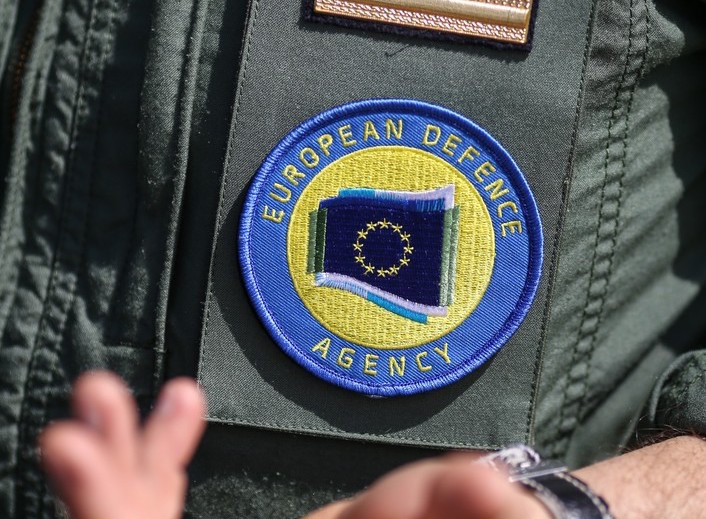The forum will run for two years and is being managed by the European Defence Agency (EDA), with a total financial contribution of €784,000 from the European Commission (EU LIFE Programme) and Luxembourg’s Directorate of Defence.
The incubation forum wants to support the application of the EU Green Deal’s circular economy approach to the European defence sector, based on an active and cooperative community that involves EU member states, ministries of defence, the defence industry, research-and-technology-organisations, academia, financial institutions, private associations, as well as other national and international public bodies.
“Recent assessments have shown us that value chains in the defence sector contribute significantly to the heavy carbon footprint of defence,” said Luxembourg defence minister and deputy prime minister François Bausch (Déi Gréng) in a statement on Thursday. “Besides that, in a world of increased competition for raw materials, we urgently need to improve our systems of reusing and recycling such materials. These facts have motivated Luxembourg to support the set-up of the Incubation Forum for Circular Economy in European Defence. We see a great opportunity here to promote and be part of potential collaborative projects and roadmaps to boost circularity in European defence.”
The proposed benefits of transposing circular economy principles in the defence domain are to reduce the environmental impact while also strengthening Europe’s strategic autonomy, through greater recycling of resources, lower waste levels and reducing Europe’s dependence on imported strategic materials and components.
In December 2021, by implementing measures to reduce indirect emissions and by using the best available technology in insulation and energy efficiency.
The incubator forum’s projects will also enable transnational innovation, and create new business model. IF CEED is organised around two incubation clusters: materials and innovative designs, and processes and digitalisation.
Within the two clusters, nine working areas are in place, including: critical raw materials, circular additive manufacturing, circular materials for textiles, sustainable eco-design, EU waste regulation, green public procurement, eco-management audit strategies, circular data and spare parts management.
22 Member States and dozens of private organisations are already engaged to achieve the overall objective to incubate cooperation projects.
The EU countries involved in IF CEED so far are : Austria, Belgium, Bulgaria, Cyprus, Czech Republic, Estonia, Germany, Greece, Spain, Finland, France, Croatia, Hungary, Italy, Lithuania, Luxembourg, Netherlands, Poland, Portugal, Romania, Slovenia and Sweden.
A dedicated IF CEED website has been launched too, as a “one-stop shop” for circular economy in European defence.
A first Annual General Conference, which will focus on the first concrete findings, is planned to take place in September 2022.
The European Defence Agency (EDA) was created in 2004 to support and facilitate defence cooperation in Europe. The EDA allows countries to develop their defence capabilities collaboratively and closely engages with the European defence industry to enhance Europe’s defence technological and industrial base.
The agency’s role and impact have constantly grown, especially with the implementation of the EU’s Global Strategy (2016) which led member states to reinforce the agency’s mission in 2017.
